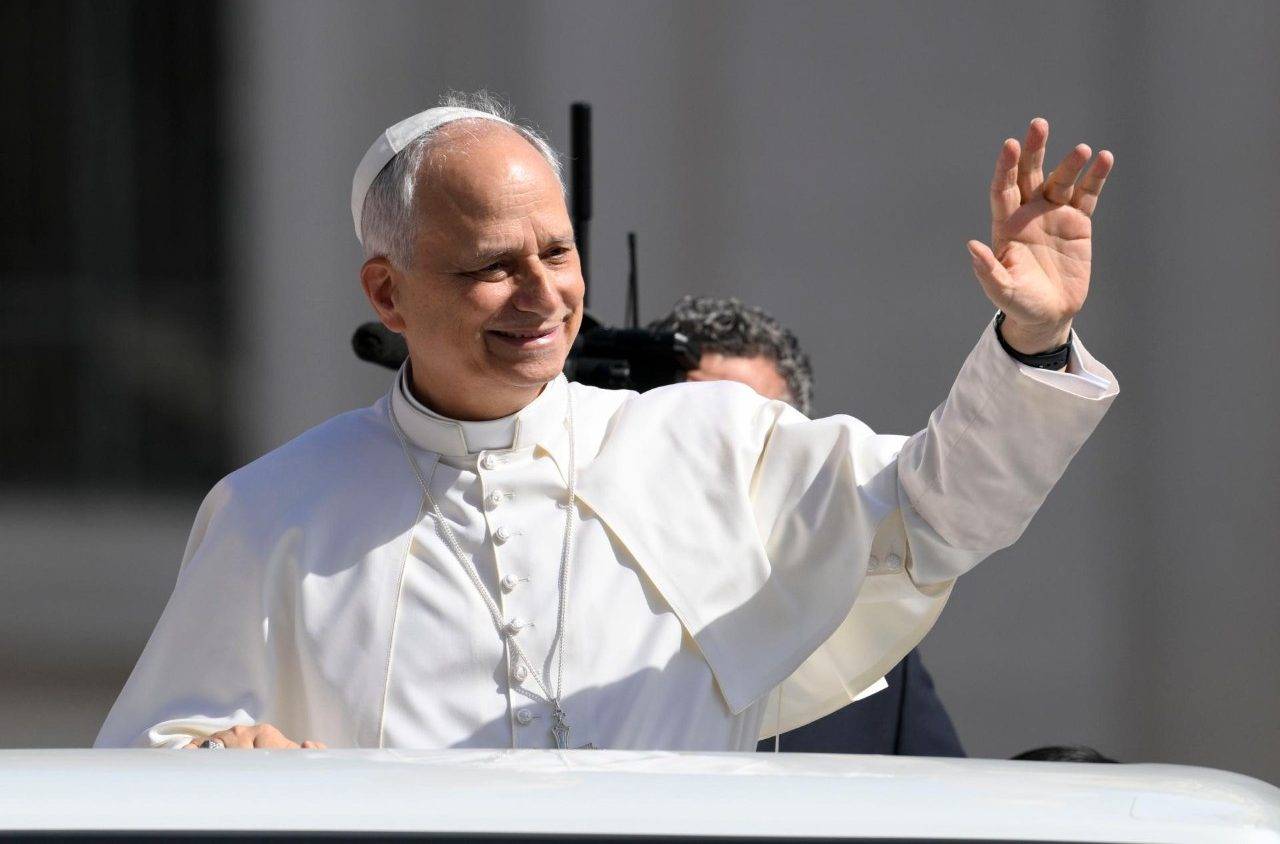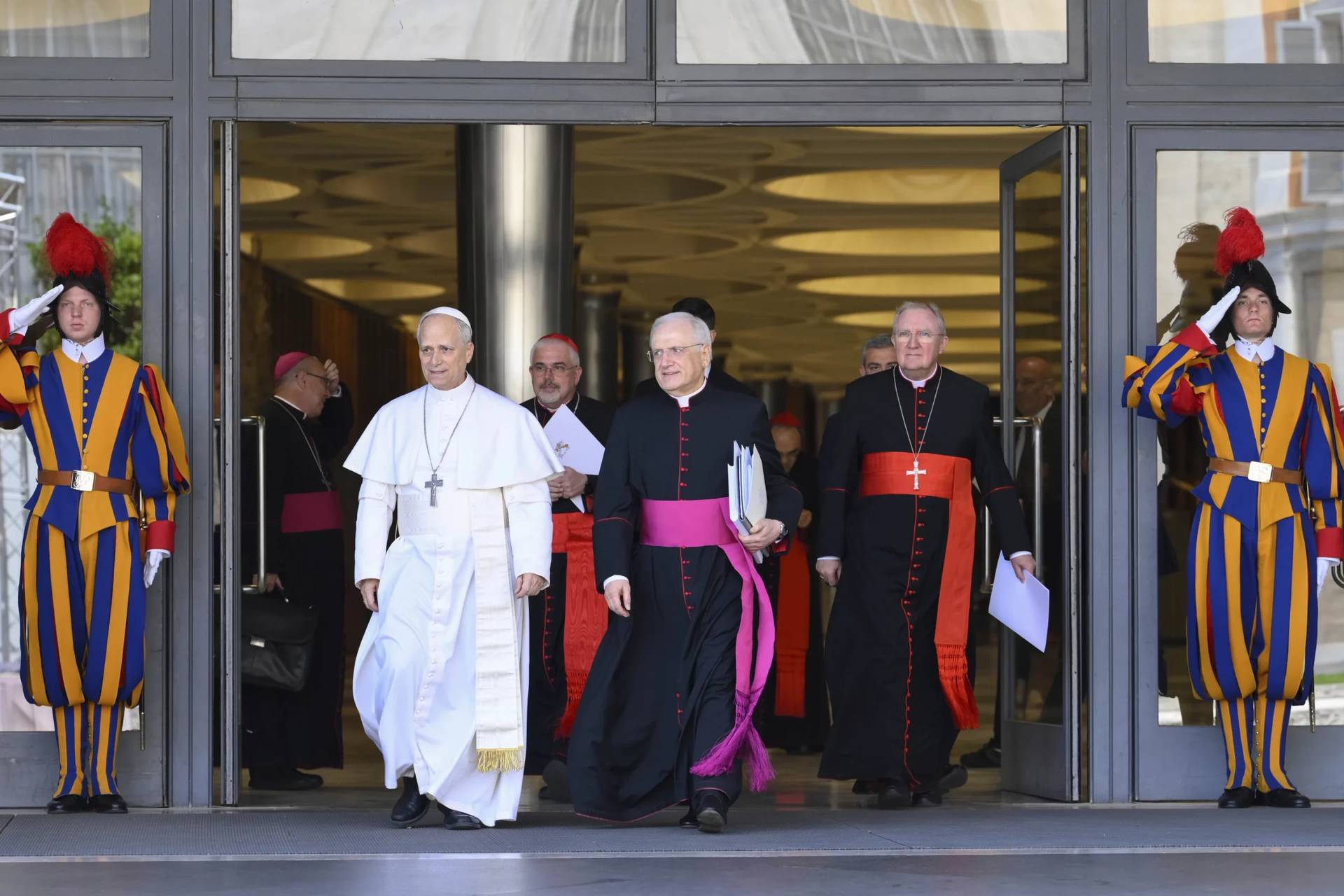Europe is again reeling from violence, as incidents in Barcelona and Cambrils in Spain on Thursday marked the sixth and seventh times, respectively, in just over a year that a vehicle has been used by Islamic jihadists to inflict casualties on a European city.
RELATED: Pope says he’s ‘close to Spain’ in wake of Barcelona terror attack
Meanwhile, a stabbing spree in Finland on Friday left two people dead. Police say they now see it as a terrorist attack, and have arrested an 18-year-old Moroccan asylum-seeker and four others so far. The incident prompted increased vigilance at airports and train stations, and a heightened police presence in places where people congregate.
Though one prays it won’t happen, by the time this column appears, there may be other attacks to report.
Vatican City, of course, is also a European venue where lots of people congregate, and to be blunt, it’s probably a small miracle that something similarly appalling hasn’t happened there. For a jihadist, after all, it’s more or less the brass ring – a towering symbol of both Christianity and Western civilization, and the home of the most recognizable Christian leader on the planet.
I reached out to Vatican spokesperson Paloma García Ovejero on Friday, who told me the Vatican is not taking any extra security precautions in light of the week’s events, in part because “we don’t have any evidence” of a specific threat.
“We haven’t increased measures of security, because here, the level of vigilance was already very strong,” García Ovejero said. “St. Peter’s is always protected, and the Via della Conciliazione [the broad avenue leading up the square] remains closed to traffic.”
“In other words, we’re keeping the same alert level,” she said.
Going forward, it remains to be seen if security anxieties will affect any of the pope’s public activity, whether in Rome or when he hits the road – his next trip is scheduled for early September, when he visits Colombia.
RELATED: Path to peace: Pope’s visit aims to help Colombians take next steps
In the absence of direct, irrefutable evidence of a specific threat, my bet is that Pope Francis won’t curtail his exposure, and I would have said the same thing about the other two popes I’ve covered, Benedict XVI and John Paul II.
In general, popes have a much thinner security membrane around them than other world leaders. If you’ve watched the security apparatus do its thing for, say, a U.S. President or the President of Russia, comparisons to a pope are apples and oranges … or, as my wife puts it, apples and watermelons, because the president’s detail is so much larger.
Papal personnel are top-notch, but they face limits both on their numbers and what they’re allowed to do to keep the boss out of harm’s way.
I remember once I was on a trip with John Paul II in Greece, who was saying Mass in a small venue. (Admittedly, it was a more innocent pre-9/11 world, but still.) During the offertory procession, an unauthorized man joined the line and began approaching the pope. He was maybe a half-step from the altar, probably less than a couple of feet from John Paul, before anyone realized something was amiss and he was grabbed.
Local headlines the next day blared, “Disturbed man tackled as he rushes pope!” I can assure you, he wasn’t “rushing” anybody – he was on crutches.
At the end of Mass, it was announced that the guy was homeless and sick, and just wanted to give John Paul a collection of his sketches. He was brought back out, got a papal hug, and it was sort of a Kodak moment. However, things obviously could have turned out differently.
Why do popes put themselves at risk like that?
Aside from the obvious pastoral point of wanting to be as accessible to people as possible, there’s another dimension that doesn’t usually factor into security calculations elsewhere, but it’s undeniably real: Popes truly believe that, in the end, their fate is in the hands of a much higher power.
I wasn’t in Rome for the assassination attempt against John Paul on May 13, 1981 – in fact, I was a sophomore in high school when it happened. However, I spent lots of time over the years talking to people who were, including some of the pope’s closest aides, who made it crystal clear that John Paul firmly believed the Virgin Mary reached down from heaven that day – it was, remember, the feast of Our Lady of Fatima – and saved his life.
Granted, John Paul was a bit more of a mystic than either Benedict or Francis, but in the end, both are every bit as convinced that their destiny belongs to God.
That doesn’t mean, of course, popes become reckless, or refuse to accept common-sense precautions. Even the legendarily spontaneous Francis has become a bit more disciplined, normally giving his security team a chance to deploy before he plunges into a crowd.
When he was in the Central African Republic, Francis desperately wanted to drop by a church where rumors had it Christians had just been shot, but allowed himself to be talked out of it when his own ambassador in the country explained it was “too dangerous.”
(Had I been on that trip, I would have started an over/under betting pool on whether he would go anyway. I would have taken “over,” and would have been happy to lose.)
Likewise, when Francis was in the Philippines, the peak moment for him came with a visit to the island of Tacloban, which had been devastated by a monsoon. Yet Francis agreed to cut his schedule short when pilots said an approaching tropical storm made his original return time unsafe.
RELATED: Braving storm, poncho-clad pope visits typhoon zone
So, while popes won’t just roll the dice – especially because wherever they go, other people’s safety is on the line too – nevertheless, they often feel a greater calm when it comes to their personal security than other public figures.
Let’s face it: From their point of view, they’ve got the ultimate safety net.
* * *
On a different note, Crux lately has been hosting a series of opinion pieces on Catholic converts, which has set off quite the lively debate. Fortunately, I don’t find myself this time needing to apologize for anything, merely to comment on a couple points.
In some quarters, there’s been a suggestion that Crux is on a “campaign” about converts. That’s just nonsense – we haven’t solicited the vast majority of these pieces, so the exchange has evolved organically. Anyway, we don’t publish opinion pieces because we agree with them, but because they express legitimate points of view.
For whatever it’s worth, though, here’s my quick personal take on the back-and-forth: In general, I don’t find talking about “converts” as a class terribly helpful.
Usually, it seems, what you’re getting is one convert’s perspective, or one person’s experience of converts – which may be illuminating, but caution is always in order about over-generalizing. It’s like talking about “the bishops,” or “Vatican officials,” or “American nuns,” or “young priests today” – in each case, there’s a serious risk of judging individuals based on the groups to which they belong.
As far as whether it’s proper for converts to speak out, I’ll just quote what may be the best sound-bite from this entire discussion. Deal Hudson sums it up: “Catholic wisdom is hardly recognized by the date on your baptismal certificate.”















